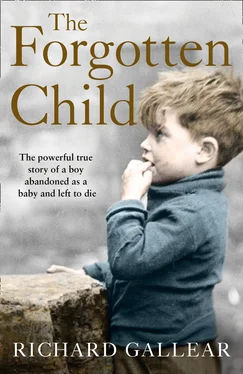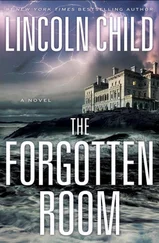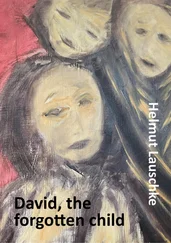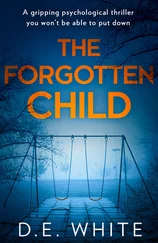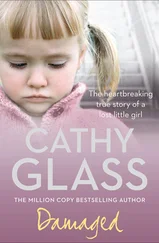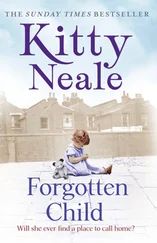‘He’s a determined little mite,’ said the doctor. ‘He might just make it.’
One of the nurses accompanied the baby in an ambulance to the Dudley Road Maternity Hospital, where they were better equipped to look after him.
On admission to Ward D6 and placed in an incubator, Richard rallied and his temperature normalised. Not only did he survive the night, he became the nurses’ favourite.
Meanwhile, the next day’s newspapers were full of articles about the abandoned ‘canal-side baby’. The headlines read: ‘BABY LEFT ON CANAL BANK’, ‘NEW-BORN BABY FOUND WRAPPED IN NEWSPAPER’, ‘CHILD FOUND UNDER BRIDGE’, ‘POLICE SEARCH FOR MOTHER’. In fact, the police used the newspapers to put out pleas for the mother to come forward, or for any information, but there was no response. It seemed the baby would have no parents named on his birth certificate.
Almost hour by hour, Richard’s condition improved and he began to flourish. ‘DAY-OLD BABY IMPROVING’ was one of the second day’s headlines.
Later that day, a woman was brought into Dudley Road Maternity Hospital and admitted for treatment, suffering complications after giving birth. She gave her name and address, but would say no more. However, with the press still badgering the hospital for news of the abandoned baby’s progress, an astute nurse suspected a link. The police were alerted and sent round a constable to question the woman in her hospital bed. At first silent, her weakened state left her vulnerable. Within minutes, she broke down and admitted she was the woman they were looking for. However, she didn’t give much away at that stage – just that she had given birth that evening at her lodgings (a story that would later prove to be untrue) and wandered round with the baby, tired and confused, before laying him down under the canal bridge.
While in hospital, it seems, she did not request to see the baby. However, had she asked, she would not have been permitted to visit him while the police were investigating the case.
The next morning’s newspapers triumphantly carried the story on their front pages: ‘CANAL-SIDE BABY: MOTHER TRACED’ and other similar headlines.
Now the police charged her with abandonment and started to gather evidence from postman Joseph Lester, PC Watson, the first policeman on the scene, the doctor at the hospital where the baby was first admitted, and anyone else they could find.
On 22 December, Richard’s birth mother was in the dock at Birmingham Magistrates’ Court, where she had no alternative but to plead guilty to ‘abandoning the child in a manner likely to cause it unnecessary suffering or injury’. The press reported the case in considerable detail.
The prosecution set out the evidence, explaining how the baby was found by the canal, very close to the water’s edge, and the state he was in: ‘The weather was bad. Exposure had endangered the baby’s life and it was not likely the child would have lived, but for the keen observation of Mr Lester.’
The mother’s counsel told the court that she was afraid of losing her lodgings and possibly her job too. ‘And the fact that the baby was born prematurely, when she got home from work,’ he explained, ‘caused her to act in an unnatural manner.’
‘I hope you realise the gravity of your offence,’ the magistrate scolded her. All the available evidence, which was not very much, was heard. Finally, the magistrate looked straight at the mother and said: ‘You might have faced a charge of infanticide, for what you did could have resulted in the child’s death.’
Oblivious to all this, baby Richard was basking in the affection showered on him by the nurses in Ward D6 and only a day or two after his arrival was well enough to thrive outside the incubator. He fed hungrily and was soon ready to be discharged from hospital. On 28 November, just 11 days after his birth, the duty doctor wrote a letter to Birmingham Children’s Officer:
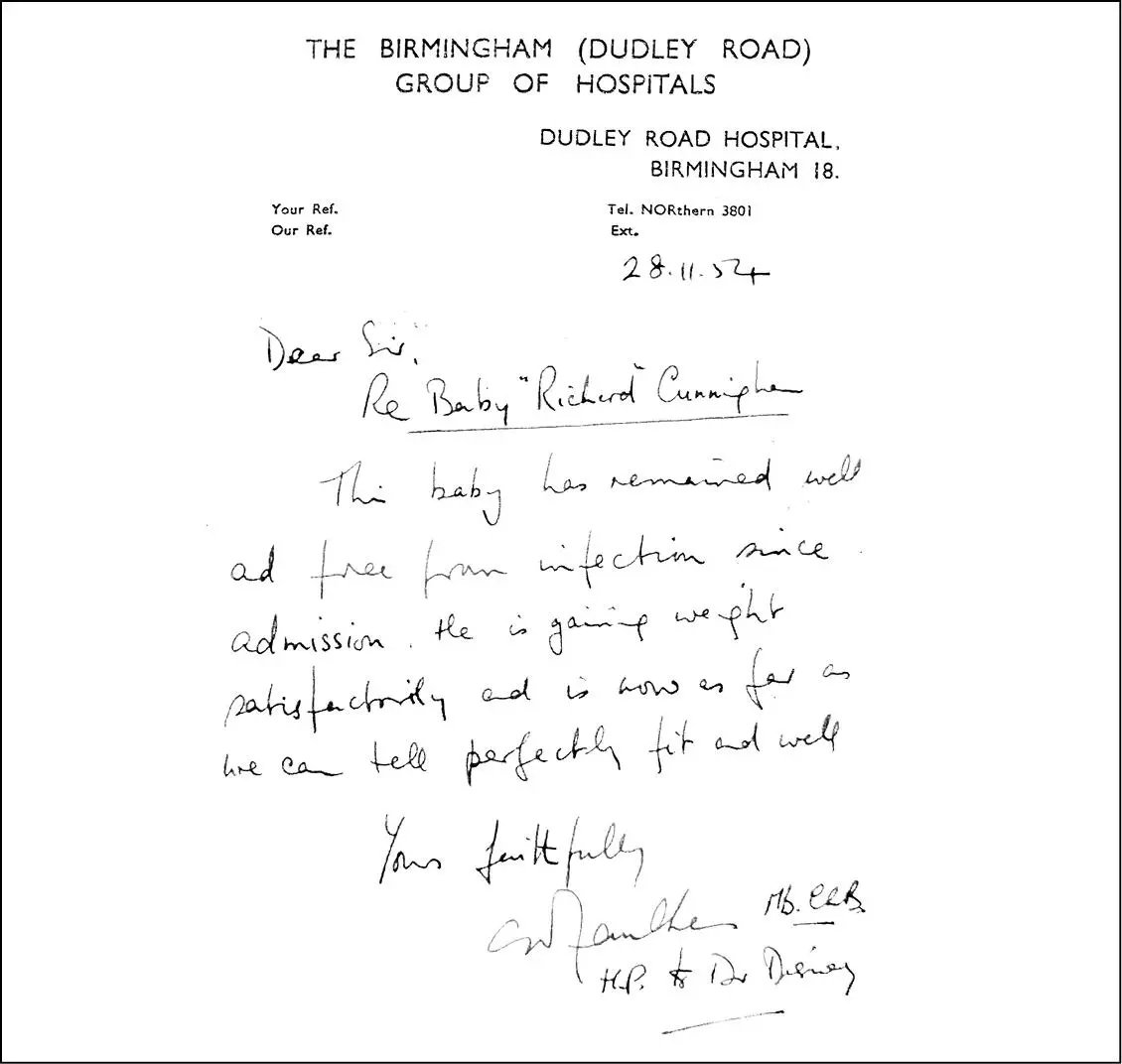
The following day, a form was filled in at Birmingham Children’s Department to take over responsibility for him.
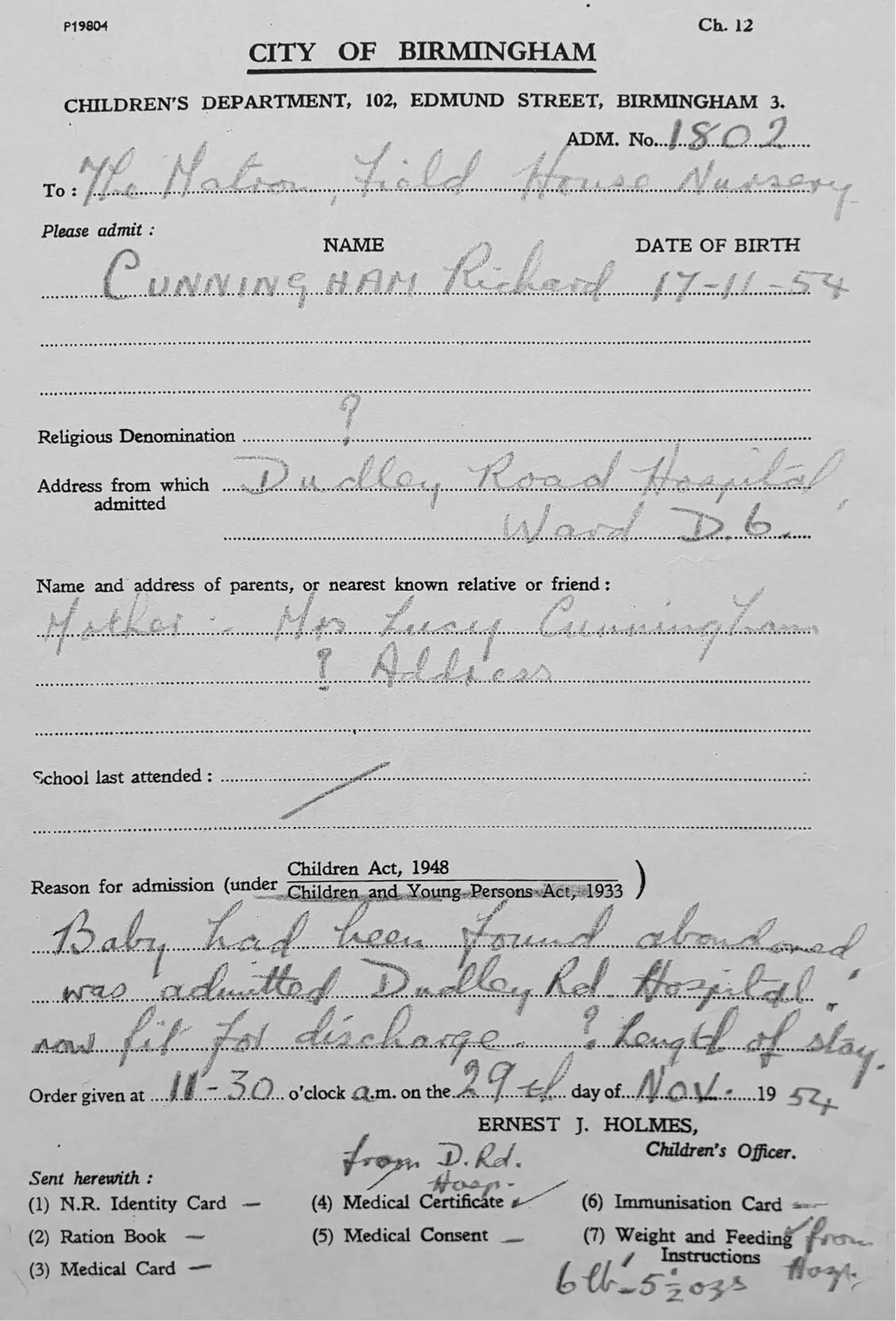
That afternoon, the nurses gathered to wave off baby Richard as he was handed over to a woman from the Children’s Department, who took him to Field House Nursery – the place that would become his first real home.
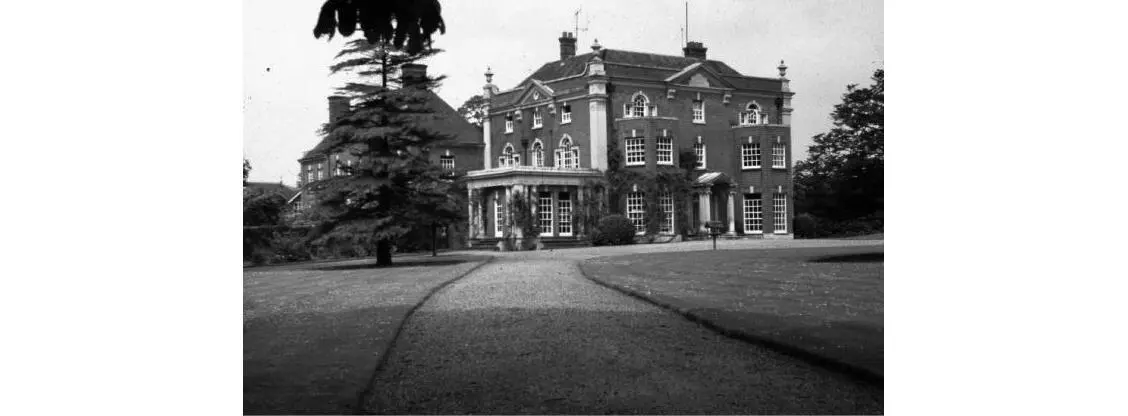
Field House © Annette Randle
CHAPTER 2
December 1954 (1 month old) – Appears a normal child for age. Plump and round.
September 1955 (10 months old) – A happy, fair child. Can sit and crawl. Goes after toys and is responsive and friendly.
August 1956 (nearly 2) – Growing taller. Jealous of baby in his ‘family’. Happy and jolly in between times.
Field House progress report
Friends are often amazed at how vivid my early childhood memories are. My earliest recollection is from the age of about two and a half to three. I was running around the huge lawn in front of Field House, enjoying the freedom of space in the sunshine, when I was excited to find a metal watering can lying on the grass. I must have seen the gardener watering plants, because I knew what to do with it. With some difficulty, because it was quite big and heavy for me, even though it was nearly empty, I picked it up. Inside, I saw a little water at the bottom, so I half-carried, half-dragged it across the grass to a flower bed – I suppose I thought the flowers needed watering and I remember trying to lift the spout to pour water over them. I was thrilled when a trickle came out and wetted the earth around one of the plants. That memory has always stayed with me and I’ve loved gardens and gardening ever since.
I know it’s a cliché, but the sun always seemed to shine at Field House and I was a happy child. That’s what I remember most – being happy, whether playing with the other children or exploring on my own. Those memories have comforted me ever since.
As a child, I was always hungry. I don’t know why because at mealtimes we had a lot of food and the staff encouraged us to eat as much as we wanted. Every now and then I would run through the grand front door (which was always open) and across the hall to the kitchen to see what I could find.
As I approached the kitchen one day I could smell the steak pie they were cooking for our lunch – my favourite. When I peeked in, round the kitchen door, I saw a trolley with several loaves of sliced bread, all wrapped in waxed paper. One was already open, with half taken out. I reached for it and looked inside to see if it had any burnt crusts – I always loved the burnt loaves best. This one looked just right, so I turned around with it, and as I carried it out, I saw one of the cooks smiling and winking at me. They were all so kind – I think I amused them with my cheeky ways. I ran outside again, across the lawn and found my favourite tree, whose branches swept the ground. After clambering up on one of those branches, I ate the crusts from each piece of bread. I was in Heaven! It seems strange now, but nobody ever told me off for taking the bread – or for climbing the tree for that matter.
I often sat in that tree and gazed at the beautiful house, with its tall windows arranged in a pattern on each grand facade. At that stage, as far as I knew, I hadn’t seen any other buildings at all, so I didn’t realise how lucky we were to live in such an elegant mansion, with its mown lawns, ancient cedar trees and wonderful views of the Clent Hills. Every day, I watched Matron drive in or out in her little car, a pale green Austin A30, which she parked on the gravel to one side of the house.
Читать дальше
